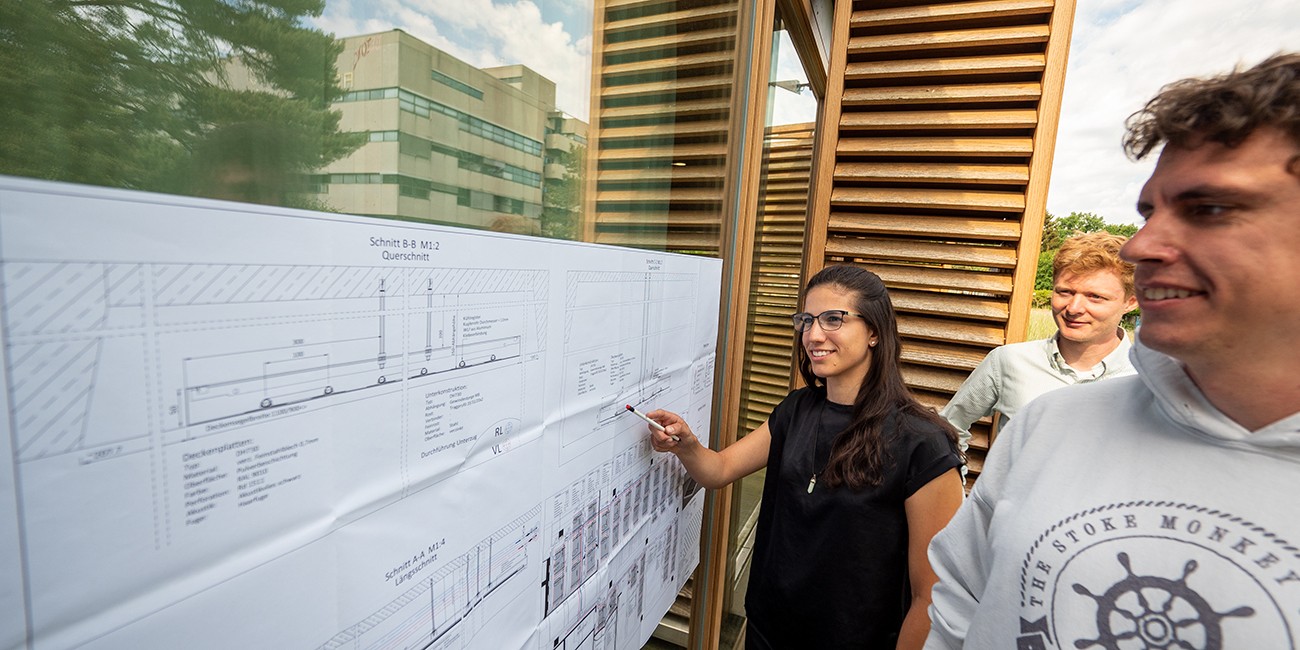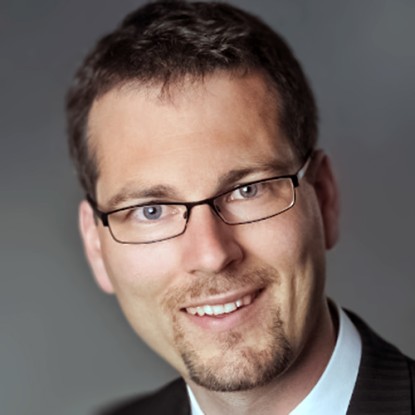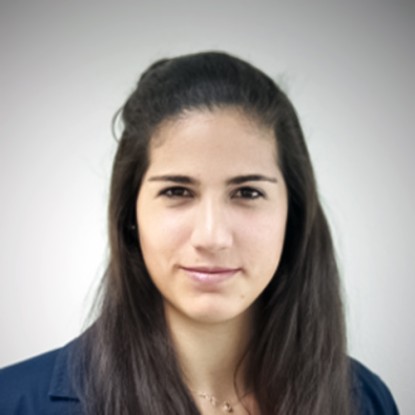EnEff:Stadt Campus Lichtwiese

Energy concept post 2030
In the energy concept post 2030, the results of EnEff:Stadt Campus Lichtwiese are summarized in a proposal for the future energy supply of the TU Darmstadt, with which the self-defined reduction targets for energy demand and CO2 emissions can be realized by 2050. To achieve this, the current fossil heat supply must be converted gradually to renewable energies.
Power Quality Monitoring within the electrical grid of the Campus Lichtwiese
The “Energy Concept post 2030” resulting from the EnEff:Stadt Campus Lichtwiese project forms the basis for the future energy supply structure of the Lichtwiese campus, after the current energy contracting contract ends in 2030. Based on the results of the other sub-projects, specific recommendations for action for an overall concept will be developed. The key objective is to achieve the reduction targets set by the university with regard to energy requirements and CO2 emissions.
Currently, the energy supply of the TU Darmstadt is mainly based on natural gas-powered generation plants. The operation of these plants can be made successively more efficient through a multi-modal approach and by investigating the variability/flexibility of demand. However, this alone will not be sufficient to achieve the targeted reduction of CO2 emissions by 80 % compared to 1990 by 2050. In this subproject, the remaining reduction gap will therefore be quantified. In order to close this gap, different scenarios will be developed on how this gap can be closed as cost-effectively as possible. The focus is on renewable heat sources such as geothermal or solar thermal energy and heat pumps using the highly volatile renewable electricity generation.
The “Energy Concept post 2030” is intended to support the university management in the tendering process for a new contracting period for the Lichtwiese campus in the form of scientific and technical recommendations for action. The concept paper to be prepared should include a long-term investment plan, which shows the optimal dimensioning of the generation or storage technologies used for the various scenarios in order to minimize overall costs while at the same time achieving the reduction targets.
Contact
| Name | Working area(s) | Contact | |
|---|---|---|---|

| Prof. Dr. rer. nat. Florian Steinke Head of Department | Digital Twin, Energy concept post 2030 | Florian.Steinke@eins.tu-d… +49 6151 16-21710 S3|10 306 |

| Julia Barbosa M.Sc. Research Associate | Digital Twin, Energy concept post 2030 | julia.barbosa@eins.tu-... +49 6151 16-21722 S3|10 304 |